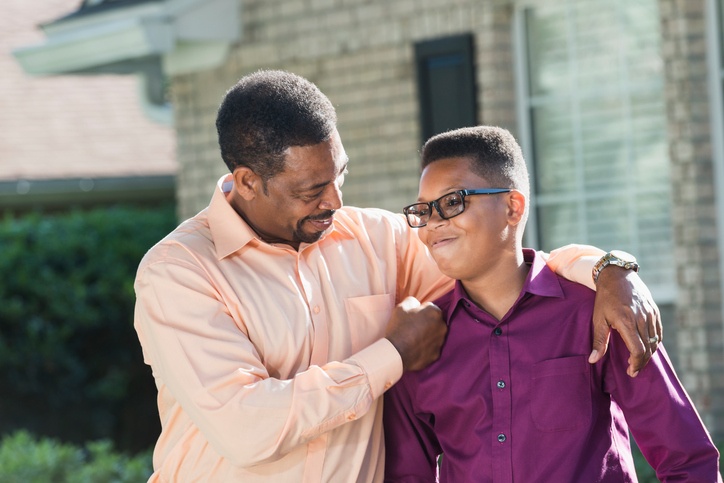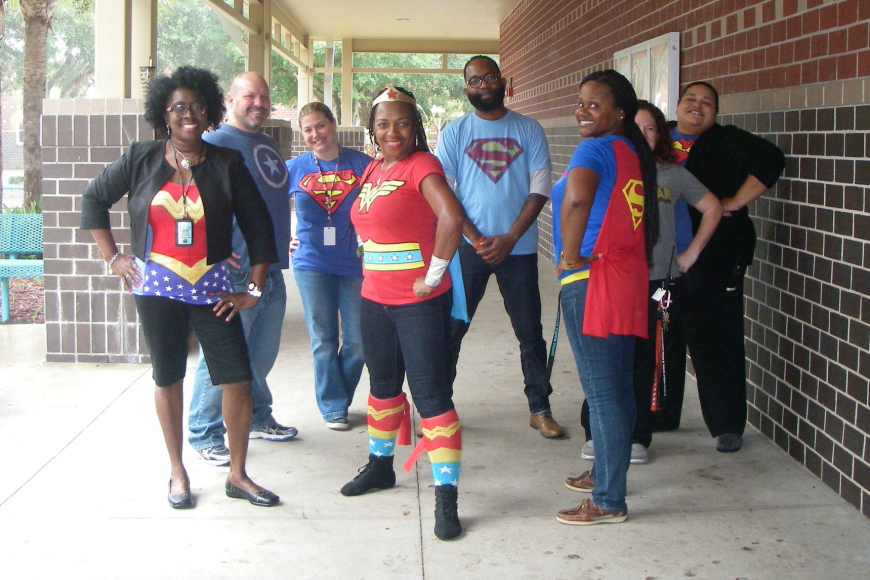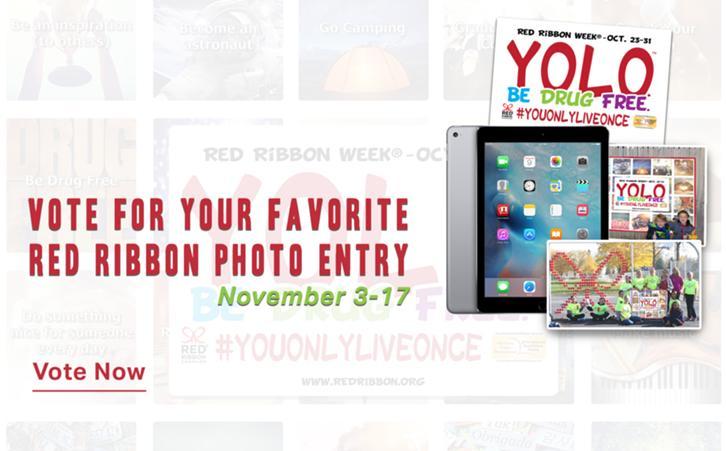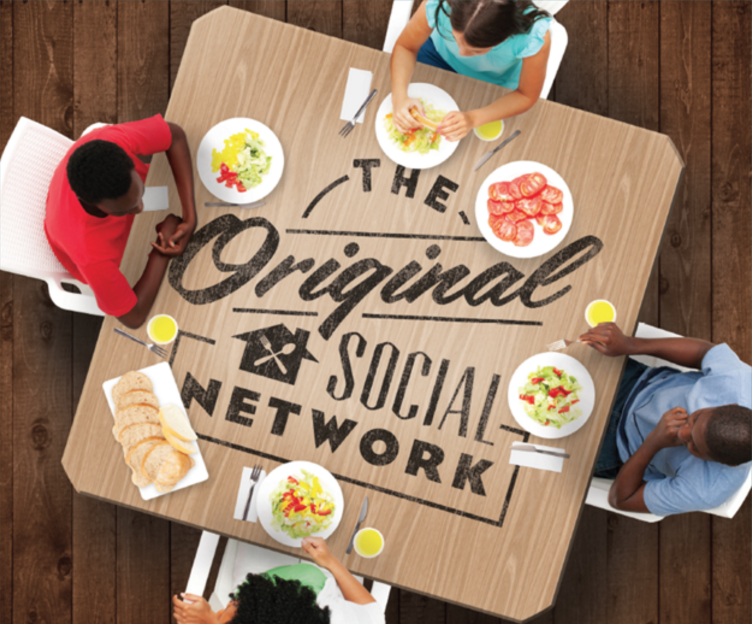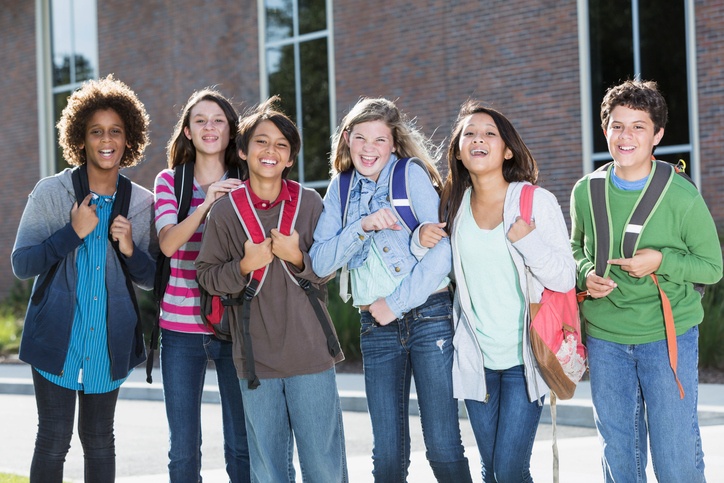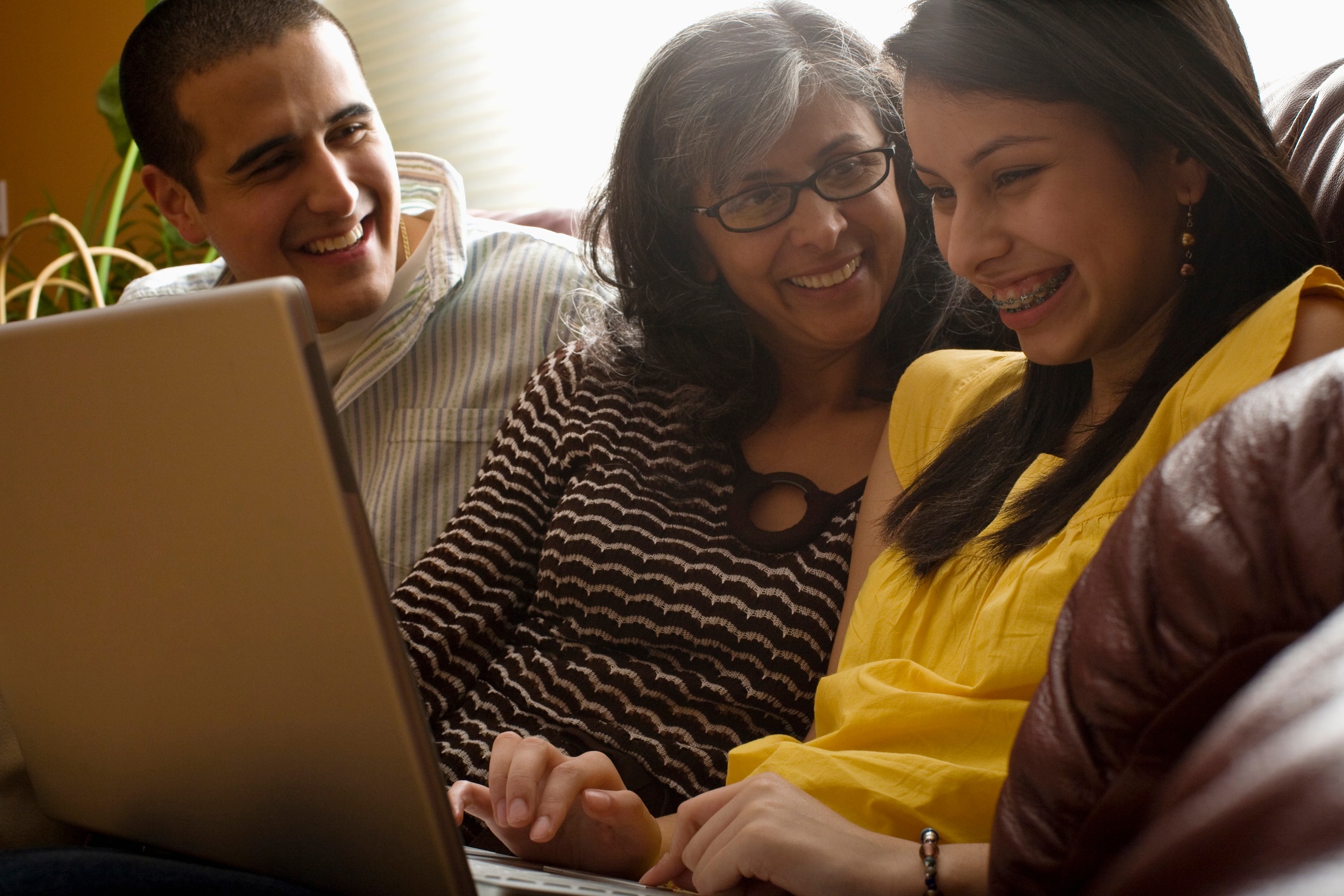As much as teenagers might be loath to admit it, parents are the greatest influencers in their lives, especially when it comes to discouraging them from alcohol and drugs. One survey of 663 teens discovered that of the respondents whose parents felt underage drinking was unacceptable, only 8 percent of the kids were drinkers themselves. Contrast that with parents who thought underage drinking was OK—the number of teen drinkers in the survey jumped to 42 percent. This finding only goes to reinforce the power one parent can possess in influencing his or her children.
Now imagine it’s not just one parent but many parents working together in your community. That kind of united effort can make a real difference in helping keep teens safe. Parent support groups—or more specifically, parent peer groups—can effect positive change in your neighborhood and community. Here are some ideas for starting such a group in your area:

